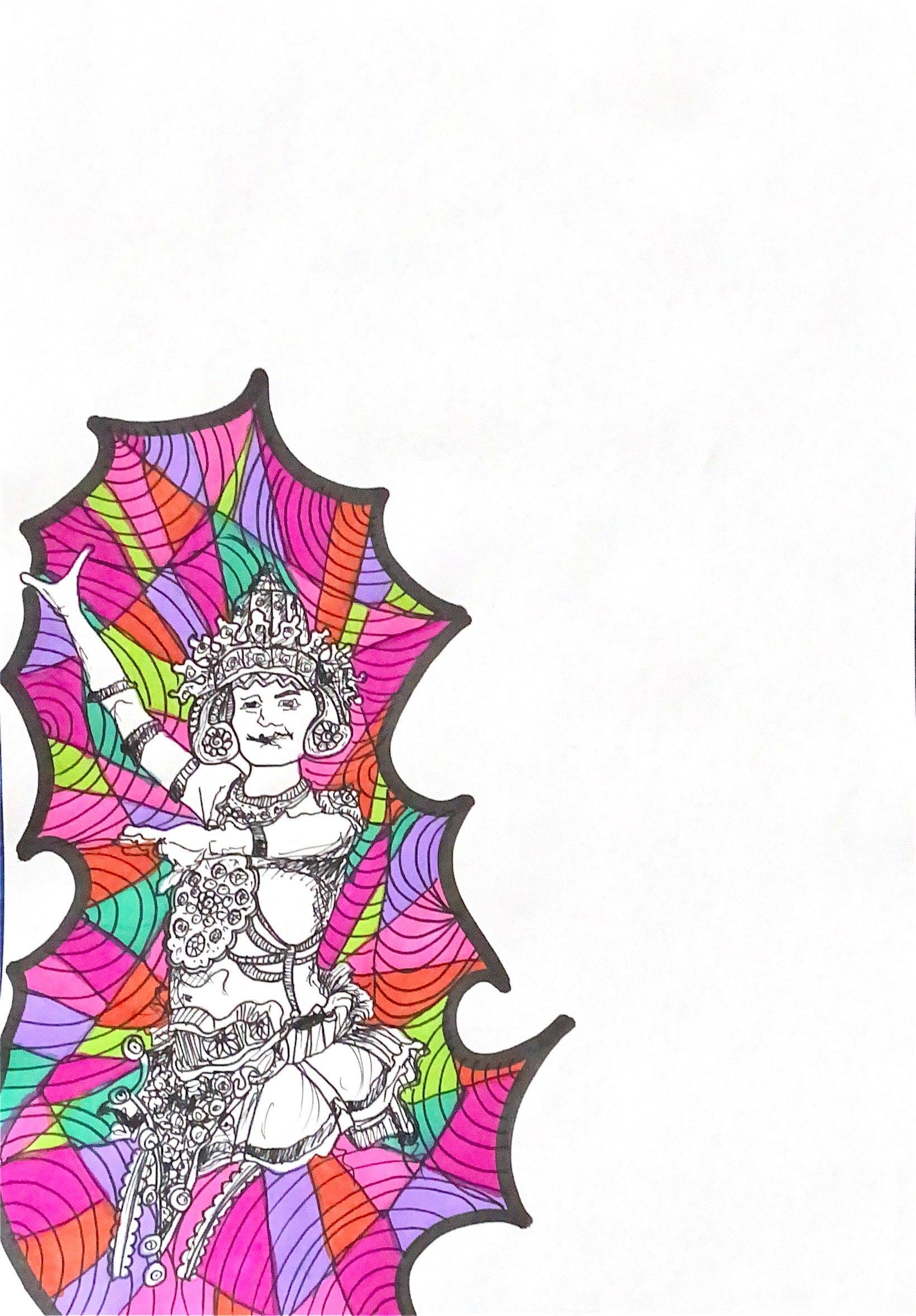56.
The Venn Diagram: Mental Health and Neurodivergence Zofia Francis
DISCLAIMER: I am neither a doctor, nor a professional. I’m just a person with a vested interest. Last week, my boss told the team that while we should disclose to them when we’re sick and need support, “everyone has depression and anxiety”, so we shouldn’t bother them with that one. So, I’m here to (re)introduce you to two concepts that you may not fully understand: mental health and neurodivergence. Mental health refers to the ongoing wellness of your mind, similar to how physical health impacts your body. You can look after your mental health through exercise, a work-life balance, variety in life, healthy eating etc. However, you can always develop an illness in response to something external - similar to catching a cold.
Neurodivergence is a different barrel of cats. While not formally recognised, the term neurodivergent is widely preferred to alternatives such as: “mentally d*sabled” or “ret*rded”. It was first used by Judy Singer as a more inclusive way to describe the Autistic community. The brain, or neurology, of someone who is neurodivergent functions as other than the norm. Often, this is something you are born with (the same way you can be born blind), but can also be developed as a result of an external event that causes lasting change to how your brain functions (e.g, a traumatic incident). Some commonly recognised branches of neurodiversity include ASD (Autism Spectrum D*sorder), ADHD (Attention Deficit Hyperactivity D*sorder), Dyslexia, Dyspraxia and many more.
















